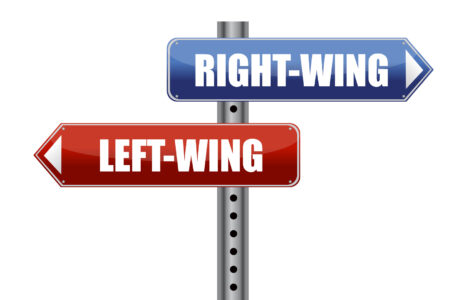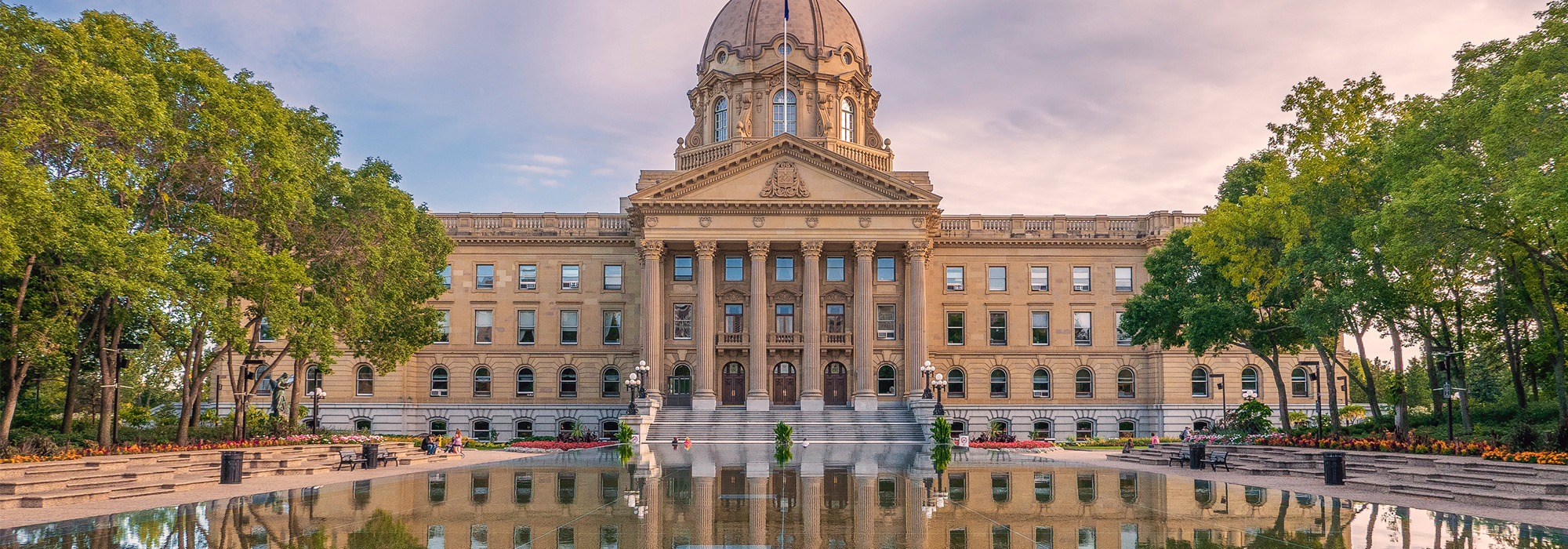
Pity us or envy us, Alberta is usually known for pretty dull politics. Other provinces suffer crazy bingo scandals, cabinet ministers going to jail for fraud and premiers making a show of removing the Canadian flag from their legislatures. In Alberta, we’ve had the same party at the helm for over four decades, the kind of streak seen only in Japan or the most efficient dictatorships.
Until now. Suddenly, Alberta politics is showing hints of getting interesting. Sure, a Trudeau can still get in trouble with his choice of words out here. But as national economic and political power shifts west, it is upending the predictability of the province’s politics. And that means Alberta politics could become, of all things, interesting to the rest of the country.
Here are five political stories from Alberta in 2012 that merit watching through the coming year.
Alberta Tories just keep going and going and… Capturing 61 of the 87 seats in the provincial legislature last April, Premier Alison Redford and her Progressive Conservatives kept the party at the helm in Alberta for the 41st consecutive year. But another Tory victory in Alberta isn’t the real story. The more interesting bit is that this government is definitely not the same group of ideologues that made up either the Ralph Klein or the Ed Stelmach governments before them. They are a new brand of socially progressive Tories. While it may not seem like it from the outside, Albertans did indeed change their government.
The rise — and fall? — of the Rose. Almost more noteworthy than Alison Redford’s win is what her opponent, Danielle Smith, achieved. Her socially conservative Wildrose Party went from zero to 17 elected seats (a couple of Tory dissidents had crossed the floor prior to the election) and Official Opposition status, a remarkable achievement for a new party.
In any other province, such a meteoric rise on the political scene would be cause for celebration. Instead, Wildrose supporters were enormously disappointed. Three weeks before the election, polls suggested they could actually form the government — and many were already banking the victory. Perhaps it was the racist and homophobic remarks of some Wildrose candidates in the final days of the campaign that did them in, but on election day many Albertans decided that this rose doesn’t smell so sweet. The party may have learned a thing or two along the way, especially about vetting their candidates before they run for office.
Red is the new black. The new Redford government could be considered “red” for more than its socially progressive leanings. It’s also in red ink. Alberta officially became debt-free in 2005 — an achievement no other province is even close to reaching (although Saskatchewan has a fighting chance). But as the global economy sunk in 2008, Alberta slipped back into a deficit position, resorting to using its Fiscal Sustainability Fund to cover these “temporary” shortfalls.
That fiscal cushion was depleted in November (the Heritage Fund is a separate pot of cash) and now the province is going back into debt to finance desperately needed infrastructure projects. The government is loath to cut too many services, but they can hardly raise taxes without violating election promises. Praying for energy royalties to return is the easiest — if least guaranteed — option.
A wounded premier. Alberta premiers are unaccustomed to coming under attack on probity issues, so it was unusual to see Redford having to parry attacks about her own conduct. Back when Redford was the provincial minister of justice, a lucrative government contract was awarded to the Calgary law firm in which Redford’s ex-husband is a partner. The Premier denies any conflict of interest, insisting that the final contract was signed long after she had left that cabinet post. But awkward e-mails have surfaced that suggest she made the decision when she was in that office. The Speaker has absolved Redford of wrongdoing, but the question is whether the lingering unease over the affair has damaged her reputation and weakened her politically.
Fact or fiction? The federal by-election in Calgary Centre was won by a Tory. No surprise in that. The Conservatives have held this riding since the 1960s, albeit usually by a more centrist brand of PC candidate. This year’s winner was Sun Media commentator Joan Crockatt, who did little campaigning until it looked like she might actually lose the seat.
The conventional wisdom is that Crockatt won because of vote-splitting between her strongest opponents: the Liberals (who won 33 per cent of the vote) and the Greens (who took 26 per cent). The real story is that Tory support plunged from 57 percent in 2008 to less than 37 percent in 2012. In her victory speech, Crockatt declared that Conservative support in Calgary Centre is “strong and growing,” a strange reading of the facts. Calgary Centre points to two interesting developments: the rise of the Greens into a political factor, and the perils for the Tories of drifting too far to the right.
Back in debt, a ferocious opposition, plenty of nastiness between the left and right? Perhaps Alberta is typically Canadian after all.
Photo: Shutterstock by VIKVAD









